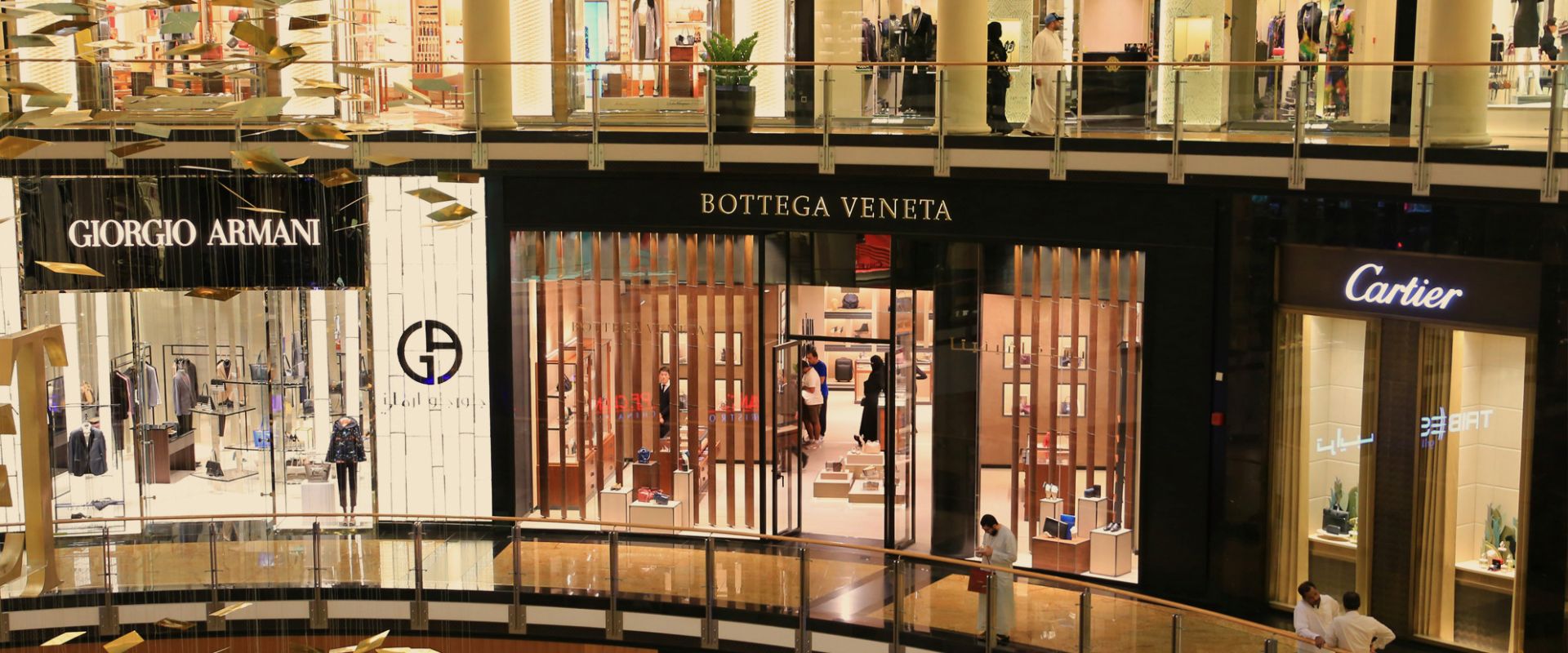
Luxury and heritage - the art of exclusive corporate identity signage
- Luxury is in the detail – Discover how precision, quality, and consistency are key to high-end brand global rollouts
- Bringing brand heritage to life – Learn how signage can reflect a brand’s rich history while staying relevant and modern.
- Design with intent – Explore the importance of materials, colour palettes, and discreet illumination in luxury brand activation.
- Avoid costly missteps – Understand the risks of poor brand activation and why getting it right matters more than ever.
- Sustainability is now non-negotiable – See how luxury brands are meeting new legal and ethical demands without compromising elegance.




